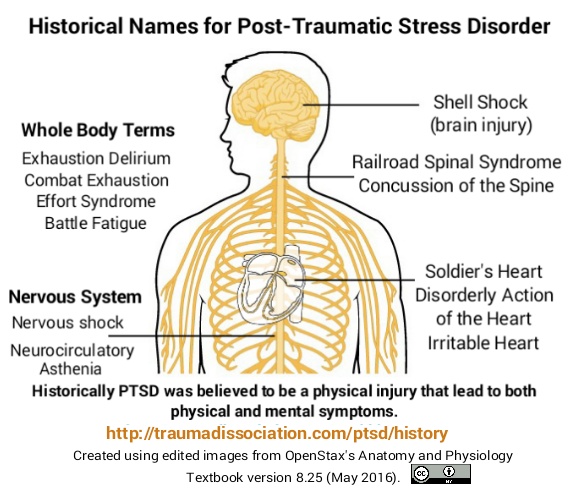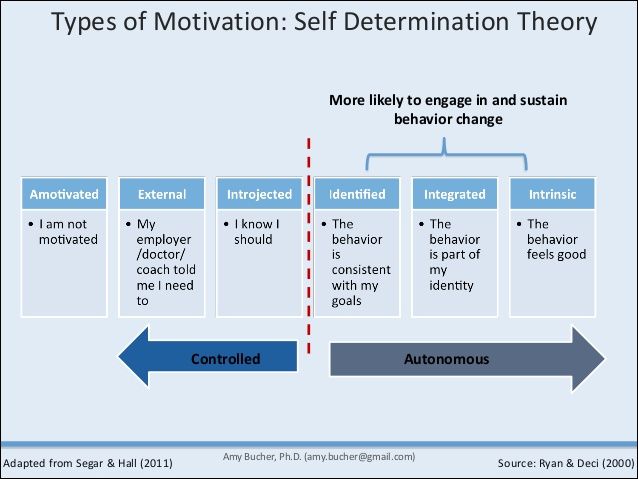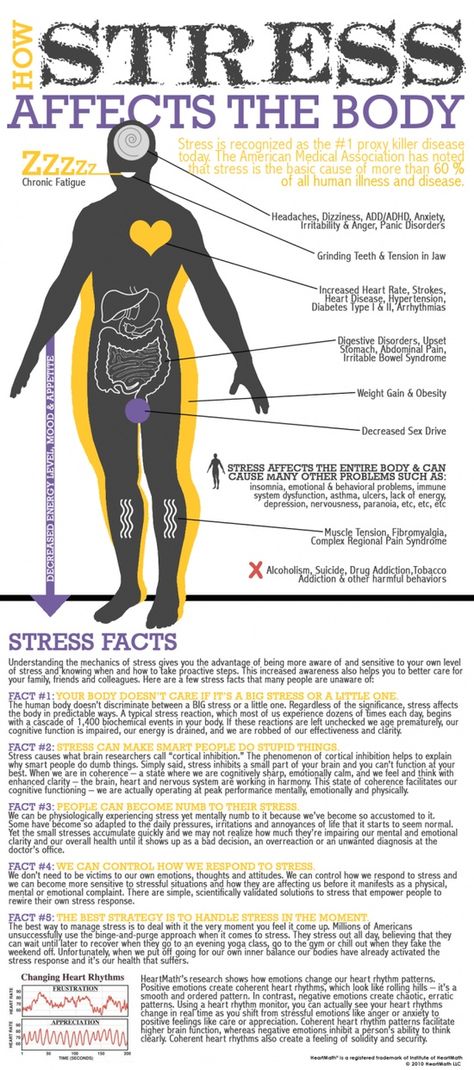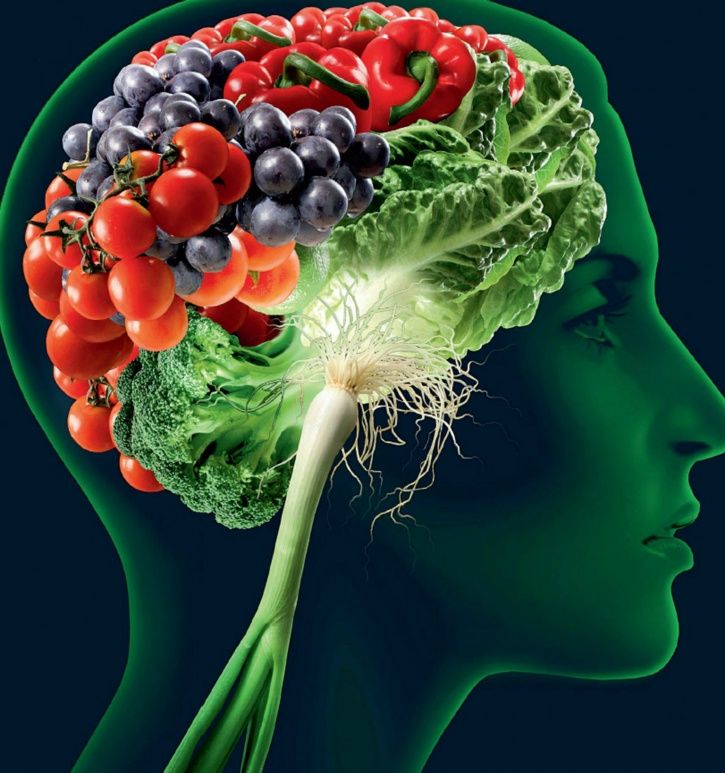Why do i not cry
Why can't I cry anymore
You might cry when you’re feeling low and going through a rough patch. Maybe you get a bit weepy when deadlines pile up. Or, perhaps, all it takes is a heartfelt advert to get your tears flowing.
We all know there’s nothing more cathartic than a good cry. But, for some of us, it can be a real struggle.
You might want to grab a tissue and let it all out. But, no matter how hard you try, the tears just won’t come.
There are many reasons why you might struggle to shed a tear or two. It might be because of a physical ailment but, more often than not, an inability to cry says a lot about our emotional state, our beliefs and prejudices about crying, or our past experiences and trauma.
Is it bad that I don’t cry?Not necessarily.
Excessive crying isn’t always a good sign. If you find yourself tearing up often, it could indicate that you’re experiencing a lot of intense or challenging emotions, or that you’re struggling with depression and anxiety.
Remember there’s no right or wrong amount to cry. Everyone is different and some people find it easier to tear up than others. So don’t waste energy on what you should be doing. Drop the shame and allow yourself to truly feel your current emotions.
Some people may cry at the drop of a hat. Other people may experience fewer emotional upheavals, have different ways to express their emotions, or are simply in more control of their tears. That’s completely fine, so long as you’re not bottling your emotions up.
That being said, if your inability to cry worries you or you’re struggling to connect with your feelings, it’s important that you take time to explore this. Because it might be a sign that there’s something else going on under the surface.
Is crying good for me?Crying often gets a bad reputation. Sometimes it’s mistakenly seen as a sign of weakness or immaturity. But the truth is that it can do us a whole lot of good — both physically and mentally.
Here are a few reasons why:
- Crying flushes out harmful materials and debris, such as dust and smoke, from the eyes.
- Tears also lubricate the eyes, preventing infection and ensuring normal function.
- There are three types of tears: reflex, continuous and emotional. Some studies suggest that emotional tears may contain stress hormones and other toxins. Therefore, when we cry we flush them out of our system. However, more research is needed in this area.
- When we’re feeling weepy, it lets those around us know that we need help.
- Crying is a way to acknowledge painful or challenging emotions. Sometimes our pain can be buried so deep down, that it can be difficult to articulate. Crying allows us to express challenging emotions when we can’t find the words, and it may offer a sense of relief.
Crying makes us feel better, even if our problems persist. But sometimes our biology betrays us and the tears don’t come.
But sometimes our biology betrays us and the tears don’t come.
It’s not that we’re in short supply. The American Academy of Ophthalmology says that we produce a staggering 15 to 30 gallons of tears every year. Nevertheless, there are a few physical reasons why you may struggle to cry:
- You have a medical condition that affects tear production, such as dry eye syndrome (Keratoconjunctivitis sicca) or Sjögren’s syndrome
- You’re taking certain medications, such as antidepressants or hormonal birth control.
- You’ve recently undergone laser eye surgery.
- You live in a dry and windy climate.
- We also produce fewer tears as we age.
Besides physical ailments, there are plenty of mental and emotional reasons why someone may struggle to cry. These include:
Depression
It might sound contradictory but many people with depression struggle to cry. That’s because depression can manifest itself in different ways.
That’s because depression can manifest itself in different ways.
When you think of depression, you might picture someone experiencing knock-you-off-your-feet sadness and distress. But this isn’t the case for everyone.
In fact, some people say their depression feels more like overwhelming numbness or emptiness.
They may feel so unemotional or “flat” that even positive events don’t elicit a response. Ultimately, this can result in an ability to cry.
Anhedonia
Imagine you lived and breathed crafting but, one day, it no longer brought you joy. Or, what if, the idea of reuniting with an old friend made you feel nothing.
It’s not an uncommon experience and it’s called anhedonia. Simply put, anhedonia is when you lose interest in the social activities and physical sensations that you once enjoyed.
It’s a symptom of many mental health conditions, including depression, schizophrenia and bipolar disorder. Not all people with these mental health conditions experience anhedonia. But those who do may struggle to cry.
Not all people with these mental health conditions experience anhedonia. But those who do may struggle to cry.
Repressed emotions
Do you bottle up your emotions? Maybe you feel like you’ve got to put on a brave face and ‘just get on with it’? If so, it may explain your inability to turn on the waterworks.
Emotional crying involves getting in touch with your feelings. So people who repress or disconnect from their emotions may struggle to cry
Societal pressure
Some people find it difficult to cry because of societal pressure or their internalised beliefs about crying.
For example, if we believe that crying is embarrassing and childish — or if we’re simply scared of being vulnerable — it’s only natural that we’ll try to stave off our tears.
You may have subconsciously adopted these notions about crying in childhood.
Let’s say your parents struggled to express their emotions and rarely cried. As you grew up, you may have followed their example and held back your tears, even when you had a good reason to bawl.
Your parents might have even told you off for crying, which might lead you to believe that your tears are ‘wrong’ or a sign of misbehaviour.
You may also have been swayed by cultural or societal beliefs. For instance, studies suggest that women typically cry more than men, and the difference may be more pronounced in countries whereby the culture allows for greater emotional expression.
We’re all aware of the phrases “man up” or “men don’t cry”. Whilst they might seem harmful on the surface they can do a lot of damage. That’s because they suggest that expressing yourself is a sign of weakness. And that couldn’t be further from the truth.
How to tap into your emotions and cryReady to let your tears flow? Here are a few tips to help you tune into your feelings:
Reframe your thinking
Let go of any outdated, untrue preconceptions you may have about crying and allow yourself to feel your feelings.
Remember it’s good to cry. It’s healthy to cry. If anything, leaning into our feelings is sometimes the only way we can move past them.
It’s healthy to cry. If anything, leaning into our feelings is sometimes the only way we can move past them.
Tears are a release valve for overwhelming emotions such as sadness, stress, grief and even joy. So crying is never something you have to be scared or embarrassed about.
Label and identify your emotions
It’s hard to express your emotions if you don’t know what you’re feeling. That’s why it’s important to identify your feelings.
Let’s face it: emotions are fickle things. Sometimes it’s easy to identify when we’re happy or sad, frustrated or anxious. Other times, it’s not so clear cut.
The first step to labelling our emotions is to think about what prompted the feeling. Then think about what urges you feel. Do you want to shout and lash out? Or maybe you want to avoid people and withdraw from the world? Next, think about your thoughts and your body, as this will probably give you clues about your emotions.
In time, you’ll learn to identify your emotions more easily — and it’s an important skill. Because once you get to grips with your feelings, you’re going to be in a much better place to cope with them.
Because once you get to grips with your feelings, you’re going to be in a much better place to cope with them.
Express your emotions
No one expects you to cry every single time you feel sad or anxious. So don’t be too hard on yourself if you struggle to cry.
Some people find that having a good sob allows them to fully experience their emotions. But there are alternative ways you can tap into your feelings, if you’d rather.
All that matters is that you acknowledge and accept your feelings. Because emotions can be messy, complicated and downright confusing sometimes. But they all serve a purpose — even the difficult ones.
If you don’t feel like crying, let go of any shame you may be carrying. Here are a few different ways you can express them instead. Remember it’s all about finding what works best for you.
- Say how you feel aloud. Sometimes vocalising our emotions and saying “I feel angry” or “I feel hurt” can offer a sense of relief.

- Journal it. Writing down how we’re feeling is a great way to sift through our emotions.
- Get creative. Whether you’re a beginner or a pro, creative outlets such as music, painting or crafting, can be a great way to explore your emotions.
Talk to loved ones
It might seem scary at first but talking to close friends or family is a great way to get in touch with your emotions. They might share similar thoughts, validate your feelings or simply offer a shoulder to cry on.
Just make sure you both have time to properly connect, and pick a private place where you would feel comfortable if you do break down and cry.
Go to therapy
Sometimes in life, we get so used to putting on the brakes that we forget how to let go and really experience our emotions. If this sounds familiar, it might be worth trying therapy.
You might discover some difficult emotions that you buried deep-down and you’ll learn ways to overcome these emotional roadblocks.
Eventually, you may find that your tears naturally start to flow. Perhaps you find it’s easier to cry in front of a therapist because it’s such a comfortable, safe space.
If this happens, don’t worry. We won’t judge.
We know just how soothing and cathartic tears can be. So, go on, have a good cry. Let it all out.
19 Things to Know About Why You Can't Cry: Causes, Tips, Strategies
Do you sometimes want to cry but just can’t? You feel that prickly sensation behind your eyes but tears still won’t fall.
Maybe you never feel like crying at all, even when facing extremely unpleasant or distressing circumstances. Others around you cry, but for you, the tears just don’t come.
If you can’t shed any tears, you might wonder why you have trouble crying.
Keep reading to learn more about the medical and emotional reasons behind an inability to cry and how you can deal with it.
Certain medical conditions can affect your ability to produce tears, including:
Keratoconjunctivitis sicca
This condition, more commonly called dry eye syndrome, involves a decrease in tear production.
It can appear more frequently with:
- pregnancy or menopause-related hormone changes
- age, as dry eyes are fairly common in older adulthood
- diabetes
- thyroid problems
- rheumatoid arthritis
- contact lens use
- eyelid inflammation or disorders
Sjögren’s syndrome
This autoimmune condition, which often develops with a viral or bacterial infection, tends to appear most often in women over age 40.
Sjögren’s syndrome causes the white blood cells in your body to attack the glands that produce moisture, such as your tear ducts and mucous membranes.
This can cause dry eyes and a dry mouth.
Environmental factors
If you live in a dry climate or one that’s very windy, you might notice that you don’t produce as many tears. This happens because the dryness of the air causes your tears to evaporate quickly.
This can also occur if the air becomes smoky due to wildfires or other causes.
Medications
Certain medications can also lead to decreased tear production.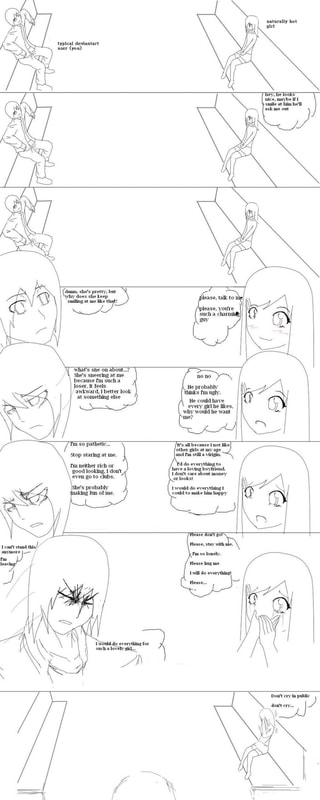
You might notice difficulty crying when taking:
- birth control pills, especially if you also wear contact lenses
- selective serotonin reuptake inhibitors (SSRIs)
- antihistamines or decongestants
- blood pressure medications
LASIK can also affect tear production, so it’s not uncommon to have dry eyes after having this surgery.
If you don’t have a medical condition that affects tear production, your dry eyes could potentially relate to emotional or mental factors.
Depression with melancholia
Different subtypes of depression can involve a range of symptoms that vary in severity, so people living with depression won’t necessarily experience depression in the exact same way.
Melancholic depression is a type of major depressive disorder that generally involves severe symptoms.
With melancholic depression, you might feel:
- unemotional or “flat”
- slowed down
- hopeless, bleak, or despairing
- disinterested in the world around you
You might not react to events, especially positive ones, in the way you usually would.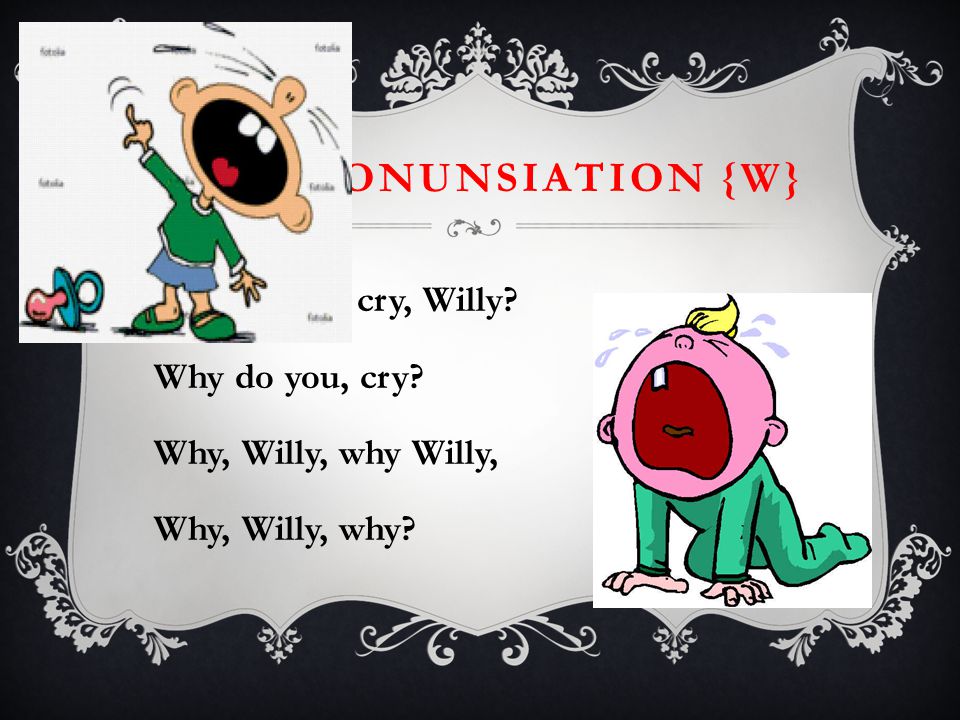 In fact, you might feel as if you have little or no emotion at all, and this can result in the inability to cry.
In fact, you might feel as if you have little or no emotion at all, and this can result in the inability to cry.
It makes sense if you think about it. If you feel as if your emotions have been disconnected or turned off, you probably can’t produce much of an emotional response.
Anhedonia
While anhedonia often occurs as a symptom of depression, it can also develop as a symptom of other mental health conditions or on its own.
Anhedonia describes a loss of interest and pleasure in social activities or physical sensations.
You don’t just experience diminished pleasure. You might also notice a decreased capacity to express your emotions. Some people with anhedonia, especially anhedonic depression, do notice they can no longer cry easily — or at all.
Repressed emotions
Some people have a hard time managing emotions, so they push them aside or bury them in order to cope.
This suppression might happen intentionally at first, but over time it becomes more automatic.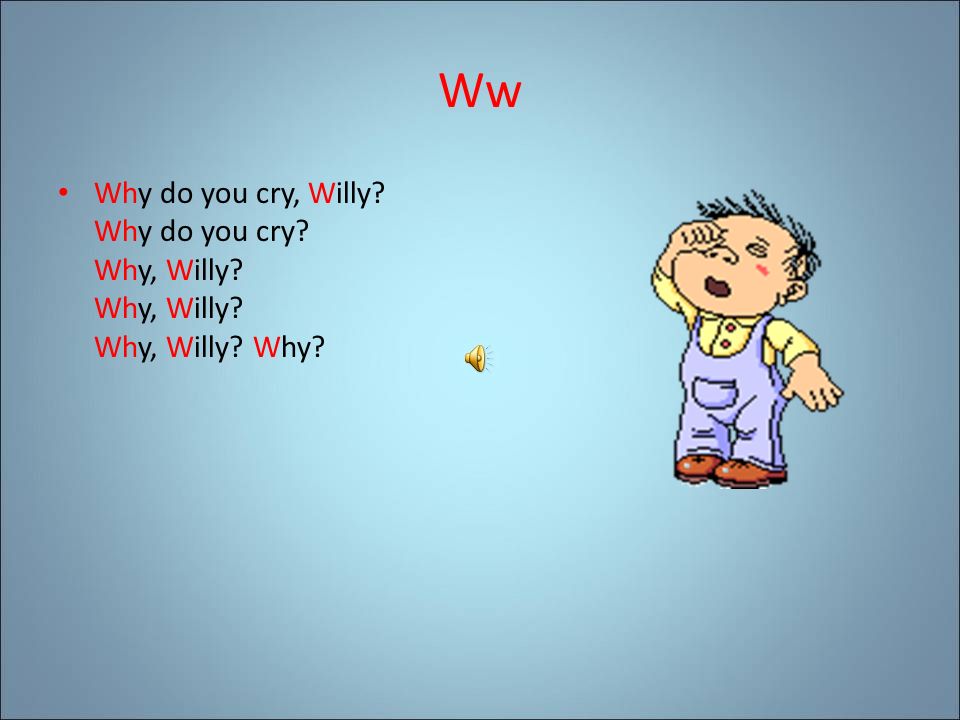
Eventually, you might experience most of your emotions mildly, if at all. Even if something deeply upsetting happens, you might not display much of a reaction.
There’s nothing affecting your physical ability to cry, but the tears just don’t come.
Personal beliefs about crying
If you believe crying exposes your vulnerability or suggests weakness, you might hold back your tears intentionally. Eventually, you may not even have to make an effort to keep yourself from crying — it just doesn’t happen.
People often start to see crying as a sign of weakness when other people, including parents, siblings, and peers, shame them for crying in childhood.
An inability to cry can also develop as a learned behavior. If family members and loved ones never cry, you may never learn to see crying as a natural form of emotional expression.
It might surprise you to learn that crying is actually pretty important.
Tears have several different functions. They benefit your body, but they also provide a sense of relief and emotional catharsis.
- At the most basic level, crying helps keep your eyes clean and healthy by washing away dust and debris.
- Tears also help relieve pain through endorphin release, so crying after a painful injury can help you feel better.
- It’s thought that emotional tears help wash toxins, such as stress hormones, out of your body.
- Crying also serves as a way to express your emotions, so it can relieve stress and tension and lead to an improved mood when you’re upset.
- Your tears also tell other people when you’re sad, which lets them know you might welcome some comfort and support. So crying can, in a way, help strengthen your bonds with the people around you.
If you have other symptoms that suggest your inability to cry might relate to a physical or mental health condition, you may want to start by talking to your primary care provider or mental health professional.
Once a healthcare provider has ruled out any serious conditions, you can try a few things to make it easier to get release through tears.
Take time to explore your reactions
If you’ve grown accustomed to suppressing or avoiding intense feelings, you might not notice much of a reaction when faced with a deeply emotional situation, such as losing someone you love or missing out on a dream opportunity.
You might have a habit of shrugging off distress instead.
Generally speaking, sitting with unpleasant or unwanted feelings doesn’t feel great, but it’s still an important thing to do.
Denying them disconnects you from your experiences and blocks natural ways of emotional expression, like crying.
Get more comfortable with your emotions
It’s hard to express emotions when you feel afraid of them or confused by them since this generally leads you to block them off instead.
To practice acknowledging and accepting your emotions, don’t deny them. Instead, try:
- Saying how you feel out loud. Even if it’s just to yourself, you can say “I feel angry,” “I feel sad,” or “I feel hurt.
 ”
” - Writing your feelings down. Keeping a journal can help you connect with emotions in the moment, but it also allows you to practice describing them to yourself before you share them with others.
- Remembering it’s normal. Remind yourself it’s OK to have emotions, even intense ones.
Find a safe space to let your feelings out
You might not feel comfortable expressing emotions in public, and that’s totally OK. It can take time before sharing emotions with anyone else becomes possible, much less natural.
Avoiding your emotions entirely isn’t the answer, either. Try to find a private place where you can sort through feelings and express intense emotions and tears.
This might be your bedroom, a quiet spot in nature where you’re always alone, or anywhere else you know you won’t be bothered.
Talk to people you trust
Once you get more comfortable with your emotions on your own, you can try sharing these feelings with loved ones.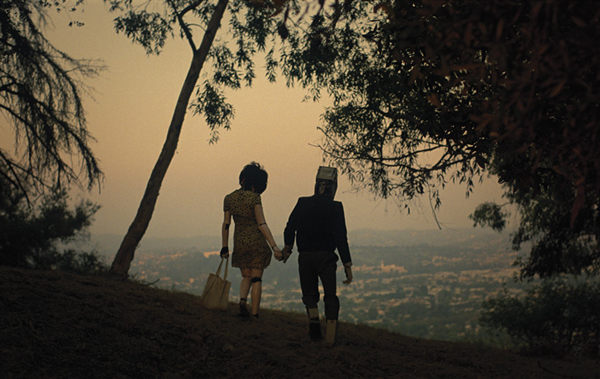
There’s nothing wrong with starting small. You might, for example, open up to your partner or best friend before anyone else.
Talking to others about how you feel can help normalize your emotions, since chances are good they can offer some validation around those feelings or share similar experiences of their own.
When it feels easier to talk about feelings, you might notice it becomes easier to express them in other ways, too — including crying.
Let yourself be moved
This might not always work, but watching a tearjerker or listening to moving or sad music can sometimes bring on the tears.
If you want to practice crying, watching or hearing another person’s emotional experience can foster comfort with shedding some tears of your own.
Bonus: Watching deeply emotional movies can also increase your empathy and compassion for others.
If you struggle to cry because you’re out of touch with your feelings, you might have trouble expressing emotions in other ways, too.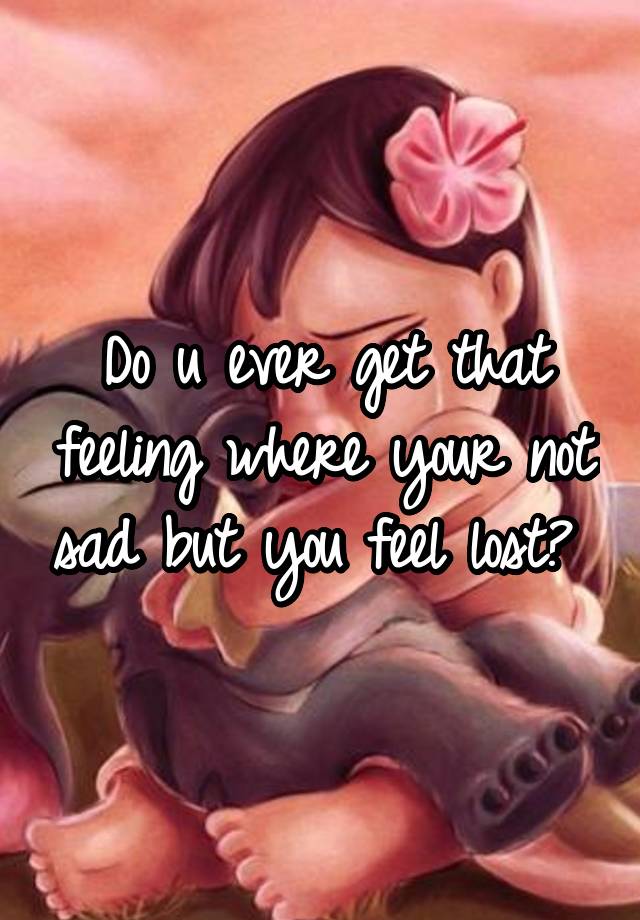 Professional support from a therapist can have many benefits if this is the case.
Professional support from a therapist can have many benefits if this is the case.
Getting more comfortable with your emotions is important for not only your intimate relationships but also your overall emotional health.
If you aren’t certain why you can’t cry or express emotions easily, a therapist can offer compassionate guidance and support as you begin exploring this issue.
If you’ve tried getting more comfortable with intense emotions on your own, but you haven’t had much success, talking to a therapist might be a helpful next step.
Some people cry more easily than others, and that’s normal. People are different, so it stands to reason that emotional expression varies from person to person.
If you can’t cry at all, you might have a hard time working through your own emotions, and you could also find it tough to connect with others.
In the end, crying is normal, so don’t worry about trying to hold those tears back — they’re completely natural.
Crystal Raypole has previously worked as a writer and editor for GoodTherapy. Her fields of interest include Asian languages and literature, Japanese translation, cooking, natural sciences, sex positivity, and mental health. In particular, she’s committed to helping decrease stigma around mental health issues.
Her fields of interest include Asian languages and literature, Japanese translation, cooking, natural sciences, sex positivity, and mental health. In particular, she’s committed to helping decrease stigma around mental health issues.
I haven't cried for a long time | Preobrazhensky Brotherhood
I haven't been crying for a long time. Almost completely. For several years now. Apparently, the time of girlish tears has passed, little by little she learned to refrain from severe depressive states through prayer and thanksgiving - and there seems to be no reason for tears. Yes, and there is no time for this. Tears come only from deep spiritual experiences.
The way I cried today, I never cried.
This is such a deep impression that I feel an urgent need to write about it, for the sake of which I even break my - also for many years - silence in the social. networks. nine0003
Today is the day of remembrance for the victims of political repressions. I have been participating in the action of prayer of memory, I think, for 5 years. This time I was in Istra. The action was shorter than usual, because the day was Sunday, in the morning everyone was at the liturgy and started only after lunch, and finished already at 18:00 in order to be in time for Moscow, to the House of Architects, where the musical and poetic evening “Candle of Memory ".
This time I was in Istra. The action was shorter than usual, because the day was Sunday, in the morning everyone was at the liturgy and started only after lunch, and finished already at 18:00 in order to be in time for Moscow, to the House of Architects, where the musical and poetic evening “Candle of Memory ".
Impressions from reading the names of people who suffered from Soviet repressions are always about the same. It is amazing that people of absolutely any nationality, age, education, profession fell into these millstones. 33 years old, 29years old, 65 years old, 42 years old… Carpenter, stoker, director of a collective farm, NKVD worker, nun, unemployed… Shot. Shot. Shot. No logic in the selection of victims. No protection from anyone. No mercy. Purposeful and planned. And in terrifying quantities, incomprehensible to consciousness. Today we read the names of only the victims in the Istra region. We started with the letter A. By the end of the action, we reached the letter G. Hundreds, thousands of names. And every time, peering into myself, I note with shame and sorrow: I have no real compassion for these people. It is hopelessly small. With my mind I try to comprehend what this whole nightmare means, what grief is behind each of these names, but my heart is not ready to accommodate this pain. And is it possible? (Someone will probably have a question - is it necessary? But this is a slightly different conversation). nine0009 With the same feeling I came to the Architect's House today for the evening.
Hundreds, thousands of names. And every time, peering into myself, I note with shame and sorrow: I have no real compassion for these people. It is hopelessly small. With my mind I try to comprehend what this whole nightmare means, what grief is behind each of these names, but my heart is not ready to accommodate this pain. And is it possible? (Someone will probably have a question - is it necessary? But this is a slightly different conversation). nine0009 With the same feeling I came to the Architect's House today for the evening.
Anna Andreevna Akhmatova. Requiem. Performed by Elena Kamburova.
You know, I don't really feel poetry. Anyway, I never cry over them. And I don't know much about them, because I've never been seriously taken by it (well, almost). Songs - yes, I deeply experience them, and, accordingly, through songs - poetry. But until today, I did not suspect that poetry can be a feat, a manifestation of the highest courage, a real battle with evil. nine0003
They took you away at dawn,
They followed you, as if carried away,
Children were crying in the dark room,
The candle swam by the goddess.
Icons on your lips are cold.
Mortal sweat on the forehead... don't forget!
I will be like archery wives,
Howl under the Kremlin towers.
…
No, it's not me, it's someone else suffering.
I couldn't do it, but what happened,
Let them cover with black cloth,
And let them take away the lanterns.
Night.
…
I've been screaming for seventeen months,
Calling you home.
I threw myself at the feet of the executioner -
You are my son and my horror.
Everything is messed up forever,
And I can't make out
Now, who is the beast, who is the man,
And how long will the execution wait.
And only lush flowers,
And the ringing of the censer, and traces
Somewhere to nowhere.
And
looks straight into my eyes And
threatens to die soon A huge star.
…
Again the hour of the funeral approached.
I see, I hear, I feel you:
And the one that was barely brought to the window,
And the one that does not trample the earth,
And the one that beautifully shook her head,
Said: "I come here as if I were home. "
"
I would like to name everyone,
Yes, they took away the list, and there is nowhere to find out.
For them I wove a wide cover
From the poor, they also overheard words.
I remember them always and everywhere,
I will not forget them even in a new trouble,
And if my exhausted mouth is clamped,
With which a hundred million people scream,
Let them remember me in the same way
On the eve of my funeral day. nine0003
I cried as if I had lost my son, who at that moment was sleeping peacefully with his head in my lap.
But those were amazing tears. It was as if the lost sensitivity was returned to the numb heart and something was cleansed inside. I wish everyone such tears.
I was outraged for a long time by people who say there were no repressions. Or: there were, but not in such quantities. Or: even if a lot, but it is justified, otherwise we would not have won the war (for example). But then I realized that these people are driven by the desire to see the glory of their homeland. It is impossible to admire a motherland that devours its children by the millions. It's impossible to love her like that. But how can you live on it if you don't love it? Leaving is a betrayal. This desire for love is so sacred that everything that hinders it is perceived as blasphemy. You have to convince yourself that this is either not true, or - in some incomprehensible way - is also part of the glory. nine0009 The real glory of our fatherland is people like Akhmatova. This is not external glory, this is the glory of the spiritual feat of a person who has stood against the ultimate evil, and not only remained a person, but also became a source of “humanization” for others, a source of revitalization of hearts. For them, and we must love our country, and not for the imaginary "great power."
It is impossible to admire a motherland that devours its children by the millions. It's impossible to love her like that. But how can you live on it if you don't love it? Leaving is a betrayal. This desire for love is so sacred that everything that hinders it is perceived as blasphemy. You have to convince yourself that this is either not true, or - in some incomprehensible way - is also part of the glory. nine0009 The real glory of our fatherland is people like Akhmatova. This is not external glory, this is the glory of the spiritual feat of a person who has stood against the ultimate evil, and not only remained a person, but also became a source of “humanization” for others, a source of revitalization of hearts. For them, and we must love our country, and not for the imaginary "great power."
These are not all the impressions of today. But I have to finish for now. I'll try to write down the rest too.
Low bow to Anna Andreevna. And many thanks to Elena Antonovna Kamburova.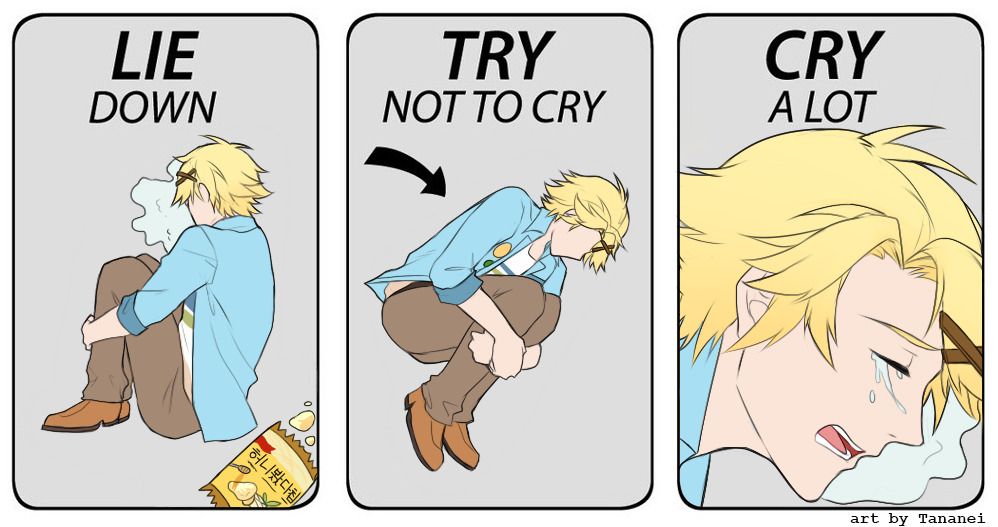 The way she read today is also a feat, akin to Akhmatovsky and in tune with him. nine0003 90,000 people died, and I do not cry
The way she read today is also a feat, akin to Akhmatovsky and in tune with him. nine0003 90,000 people died, and I do not cry
#1
#2
#3
#4
#5
#6
#7
#8
#
#10
#11
#12
#13
#14
#15
#16
#17
2222222 #18
#19
Katya
when they told me that daddy had died, there was even a feeling of calmness.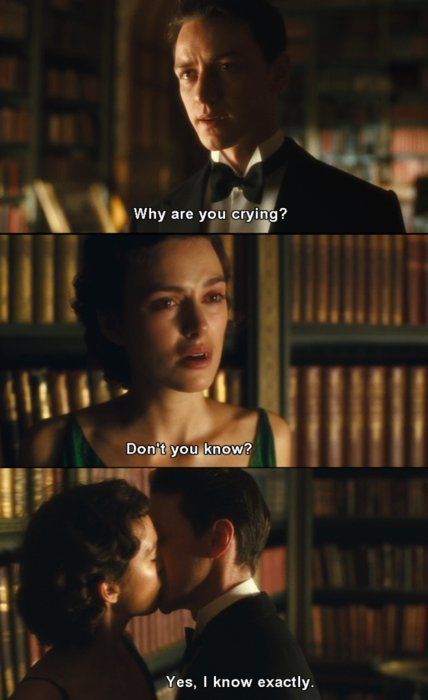 Whether it’s easier for him, or during these 10 years I have driven myself so much that I have already experienced his death several times. They said that when I saw him in a coffin, I would burst into tears. And this is the most incomprehensible thing, that when I saw him in the coffin, I was not scared at all, it was his body, but it was not him. Probably only those who have experienced the same will understand. As if the body is the body, and the person is different, it is still the soul. Why don't I cry? Callous? Hunted? Brain blocked emotions? Does dad give strength in the next world? Or subconsciously feel that dad is nearby? nine0003
Whether it’s easier for him, or during these 10 years I have driven myself so much that I have already experienced his death several times. They said that when I saw him in a coffin, I would burst into tears. And this is the most incomprehensible thing, that when I saw him in the coffin, I was not scared at all, it was his body, but it was not him. Probably only those who have experienced the same will understand. As if the body is the body, and the person is different, it is still the soul. Why don't I cry? Callous? Hunted? Brain blocked emotions? Does dad give strength in the next world? Or subconsciously feel that dad is nearby? nine0003
#20
#21
Guest
When a dog died in my family (who lived with us for many years and for many years and everyone loved her very much) - for some reason, I didn’t shed a tear, and my mother burst into tears for several days and fought in hysterics. I myself was very surprised at my calm reaction. Then my beloved and only grandmother died. It is clear that this was a great grief for the whole family. So I didn't feel any emotion about it either. I decided, at first, that it was just a shock, and realization and tears would come later (as they already said here). But many years have passed since then, and I have never cried about it. But with minor troubles, I sob constantly. Moreover, I can cry without any reason at all from overwork or it is not known why. The nervous system is very weak, I take everything too close to my heart. I read somewhere that one of the possible explanations is some stage of neurasthenia. With her, this is exactly what happens - the body is so sensitive even to trifles that it protects itself from serious shocks, otherwise a person would simply go crazy with grief. And so he feels nothing. nine0003
I myself was very surprised at my calm reaction. Then my beloved and only grandmother died. It is clear that this was a great grief for the whole family. So I didn't feel any emotion about it either. I decided, at first, that it was just a shock, and realization and tears would come later (as they already said here). But many years have passed since then, and I have never cried about it. But with minor troubles, I sob constantly. Moreover, I can cry without any reason at all from overwork or it is not known why. The nervous system is very weak, I take everything too close to my heart. I read somewhere that one of the possible explanations is some stage of neurasthenia. With her, this is exactly what happens - the body is so sensitive even to trifles that it protects itself from serious shocks, otherwise a person would simply go crazy with grief. And so he feels nothing. nine0003
#22
Woman. ru experts
ru experts
-
Maxim Sorokin
Practicing psychologist
801 answer
-
Galimov Ildar
Psychologist for family...
268 responses
-
Vladimir Titarenko
Fitness nutritionist
11 answers
-
Golden Vera Vladimirovna
Psychologist
146 responses
-
Maria Burlakova
Psychologist
260 answers
-
Letosheva Tati
Expert in Eastern practices
10 answers
-
Ivanova Svetlana
Coach
37 answers
-
Anna Antonchik
Female psychologist
62 answers
-
Ekaterina Golikova
Psychologist
48 answers
-
Sergei Veksler
Psychologist
23 answers
#23
#24
Lena
I also did not at all identify her mother with her body and when after a terrible disease she died, she was only "rejoiced", if I may say so. probably this is mercy and also a subconscious belief that our loved ones do not leave, but simply cease to be visible. my mother died 5 days ago, and I have a feeling that she is always there. it’s even strange when they start to feel sorry for me, I was left alone and I’m only 28 years old, I don’t have a family, but everything is ok with me, my mother “didn’t die” in fact and only I know this
probably this is mercy and also a subconscious belief that our loved ones do not leave, but simply cease to be visible. my mother died 5 days ago, and I have a feeling that she is always there. it’s even strange when they start to feel sorry for me, I was left alone and I’m only 28 years old, I don’t have a family, but everything is ok with me, my mother “didn’t die” in fact and only I know this
#25
#26
.... tell me what??? a very close relative died. told me about what happened a few hours ago, and I did not cry, did not fight in hysterics, etc. I loved him very much, but I do not understand such a reaction. Am I so insensitive and callous?????
True stories
-
My husband and his children and grandchildren piss me off.
 ..
.. 782 Answer
-
The man immediately warned that all property was recorded on children
700 answers
-
Such a salary - I do not want to work
492 22223
- 9034. of the year. How to destroy?
772 answers
-
Husband left, 2 months of depression... How will you cope if you are left all alone?
174 answers
#27
Guest
Everything is fine with you, and it happens. 22:05
#28
#29
#30
#31
#32
#33
#34
Lena
I died a couple of days ago, my best a friend and the closest person to me forever, but I do not cry and did not cry. I used to cry when she was sick (she had cancer), cried and prayed that she would quickly suffer and it happened. Now I thank God or other higher powers for everything that happened, I believe that this was the highest plan and my mother suffered less than she could. In addition, I feel that my mother is with me, our connection is very strong even now, after her death. I know and feel it so much that it is not necessary for me that it be in the tangible world. I know what she would say, what she would feel, what she would like, what advice she would give if she were alive next to me. And I know that if there is a need for her to be near, then she will definitely WILL be there, and if I need her advice, then she will come to me in a dream and I will receive advice. And tears are selfishness (“she won’t be able to take care of me anymore”, “what will happen to me now”, etc.) or remorse (I could have helped her, but I didn’t have time / didn’t want to / couldn’t). It so happened that she fell ill with an incurable disease, it should have been according to a higher plan and we should not condemn this PLAN, everything in this world is wisely arranged and sometimes what seems like a tragedy is actually a lesson or a test or a chance.
I used to cry when she was sick (she had cancer), cried and prayed that she would quickly suffer and it happened. Now I thank God or other higher powers for everything that happened, I believe that this was the highest plan and my mother suffered less than she could. In addition, I feel that my mother is with me, our connection is very strong even now, after her death. I know and feel it so much that it is not necessary for me that it be in the tangible world. I know what she would say, what she would feel, what she would like, what advice she would give if she were alive next to me. And I know that if there is a need for her to be near, then she will definitely WILL be there, and if I need her advice, then she will come to me in a dream and I will receive advice. And tears are selfishness (“she won’t be able to take care of me anymore”, “what will happen to me now”, etc.) or remorse (I could have helped her, but I didn’t have time / didn’t want to / couldn’t). It so happened that she fell ill with an incurable disease, it should have been according to a higher plan and we should not condemn this PLAN, everything in this world is wisely arranged and sometimes what seems like a tragedy is actually a lesson or a test or a chance. I, thank God, am also freed from repentance, I was with her every day of her illness and did everything that could console her or alleviate her suffering. Now my duty is to be such that she rejoices and is proud of me even there, in another world, and tears and inaction are only an obstacle on a new life path. Return nothing. nine0003
I, thank God, am also freed from repentance, I was with her every day of her illness and did everything that could console her or alleviate her suffering. Now my duty is to be such that she rejoices and is proud of me even there, in another world, and tears and inaction are only an obstacle on a new life path. Return nothing. nine0003
#35
#36
New topics
-
How to find a normal guy?
No answers
-
Teeth and genetics
1 answer
-
No answers
-
Laser hair removal
1 answer
-
When did you stop sharing your problems with your parents?
1 answer
#38
#39
9000 #40
Information substance
I don't cry either, and in general I am indifferent to many things, to which one cannot be indifferent. They say that this is a low threshold of sensitivity. The most interesting thing is that a few years ago, I roared like a beluga for any reason. Now I don't care.
#40
Lena
My mother died a couple of days ago, my best friend and the closest person to me forever, but I don't cry and didn't cry. I used to cry when she was sick (she had cancer), cried and prayed that she would quickly suffer and it happened. Now I thank God or other higher powers for everything that happened, I believe that this was the highest plan and my mother suffered less than she could. In addition, I feel that my mother is with me, our connection is very strong even now, after her death. I know and feel it so much that it is not necessary for me that it be in the tangible world. I know what she would say, what she would feel, what she would like, what advice she would give if she were alive next to me. And I know that if there is a need for her to be near, then she will definitely WILL be there, and if I need her advice, then she will come to me in a dream and I will receive advice. And tears are selfishness (“she won’t be able to take care of me anymore”, “what will happen to me now”, etc.) or remorse (I could have helped her, but I didn’t have time / didn’t want to / couldn’t). It so happened that she fell ill with an incurable disease, it should have been according to a higher plan and we should not condemn this PLAN, everything in this world is wisely arranged and sometimes what seems like a tragedy is actually a lesson or a test or a chance.
I used to cry when she was sick (she had cancer), cried and prayed that she would quickly suffer and it happened. Now I thank God or other higher powers for everything that happened, I believe that this was the highest plan and my mother suffered less than she could. In addition, I feel that my mother is with me, our connection is very strong even now, after her death. I know and feel it so much that it is not necessary for me that it be in the tangible world. I know what she would say, what she would feel, what she would like, what advice she would give if she were alive next to me. And I know that if there is a need for her to be near, then she will definitely WILL be there, and if I need her advice, then she will come to me in a dream and I will receive advice. And tears are selfishness (“she won’t be able to take care of me anymore”, “what will happen to me now”, etc.) or remorse (I could have helped her, but I didn’t have time / didn’t want to / couldn’t). It so happened that she fell ill with an incurable disease, it should have been according to a higher plan and we should not condemn this PLAN, everything in this world is wisely arranged and sometimes what seems like a tragedy is actually a lesson or a test or a chance.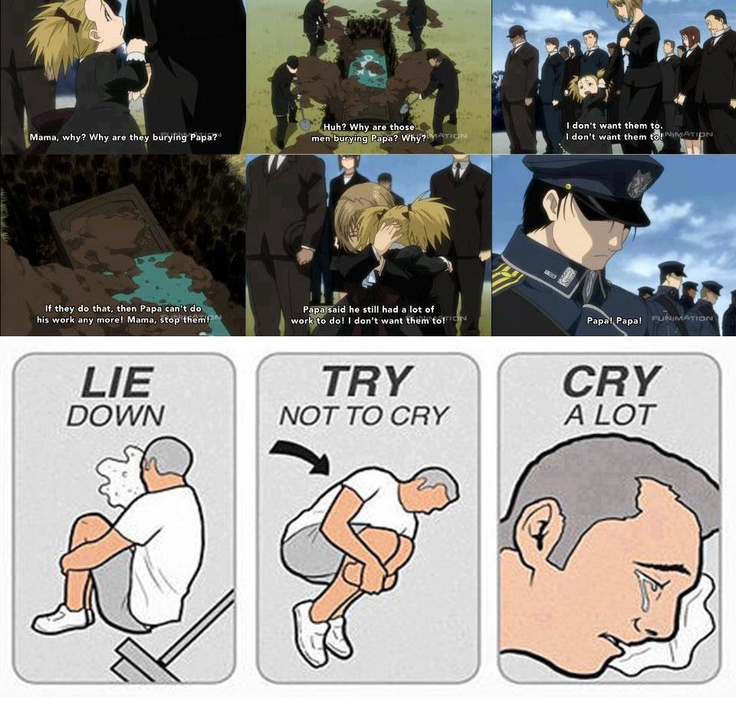 I, thank God, am also freed from repentance, I was with her every day of her illness and did everything that could console her or alleviate her suffering. Now my duty is to be such that she rejoices and is proud of me even there, in another world, and tears and inaction are only an obstacle on a new life path. Return nothing. nine0003
I, thank God, am also freed from repentance, I was with her every day of her illness and did everything that could console her or alleviate her suffering. Now my duty is to be such that she rejoices and is proud of me even there, in another world, and tears and inaction are only an obstacle on a new life path. Return nothing. nine0003
#40
Guest
Yesterday our rabbit, who was about eleven years old, died. When he was alive, I was very often afraid that he would die, and when he had already died, I took it very calmly, and when they buried him, I didn’t cry either. Maybe it's because I believe I'll see him after death. At first I thought it was from shock, and then realization would come, but a day had already passed, and it seemed to me that I didn’t care. I didn't even lose my appetite. nine0003
#40
#44
My daughter
died. She lived only a month. She had heart surgery. The operation went well. Only rehabilitation did not go very well, the kidneys failed. Everyone asks why I'm not crying. And I don't know the answer. Is it normal or not?
She lived only a month. She had heart surgery. The operation went well. Only rehabilitation did not go very well, the kidneys failed. Everyone asks why I'm not crying. And I don't know the answer. Is it normal or not?
#45
#46
#47
#48
Madam Tyulyu
Children should not leave before parents and gods should allow it.
#49
Lisa Banderlogina
This is worse than crying.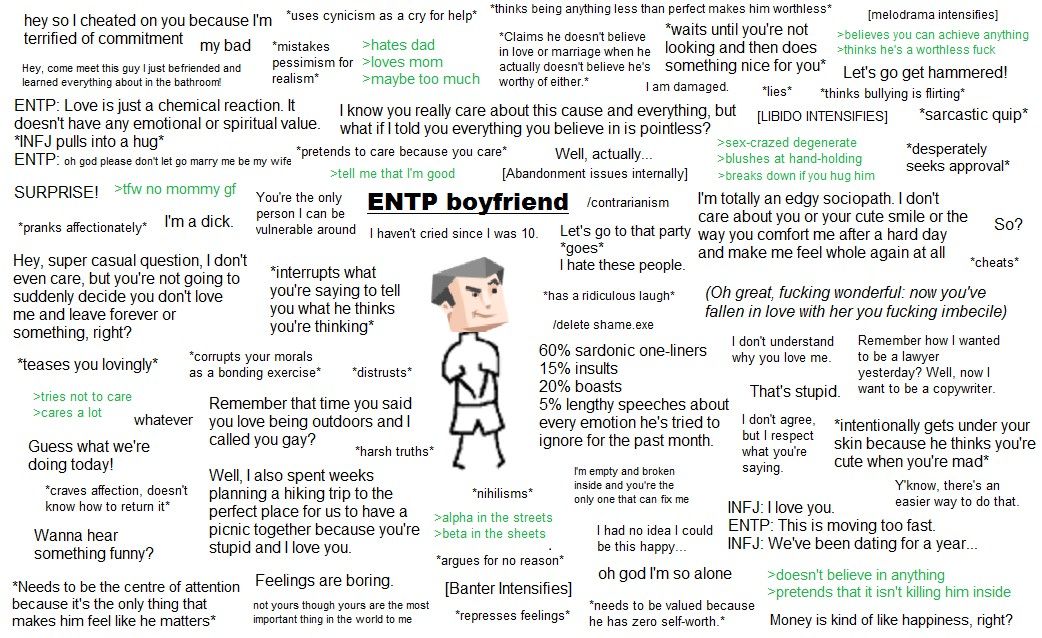 Everything accumulates inside you and emotions do not come out, but are preserved. I myself am so ...
Everything accumulates inside you and emotions do not come out, but are preserved. I myself am so ...
#50
Katya
Asked this question "Why don't I cry?" April 15, 12 dad died, that's really the best dad that can be! 10 years before that, he was in the hospital with a heart attack, that's when I experienced such a strong shock, fear, I was afraid to fall asleep, because I would have to wake up and again understand that he was in the hospital. For 10 years I lived with fear, the first 2 years with the strongest fear, I was afraid to approach the door and hear my mother cry, I was afraid of calls, I even began to say that I love him very, very much, although many are embarrassed to tell their parents during their lifetime. On April 11, 12, my father was hospitalized, the left half was paralyzed ... I live separately with my husband and a small child, the child just fell ill.



